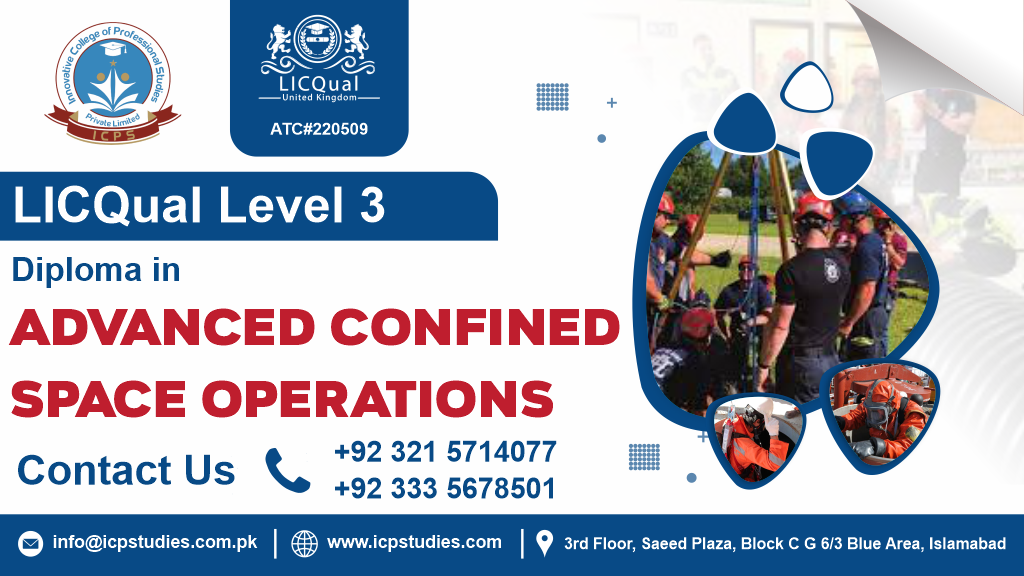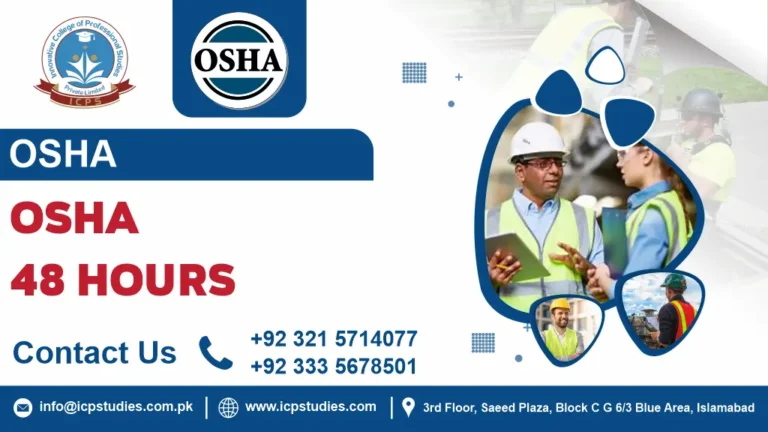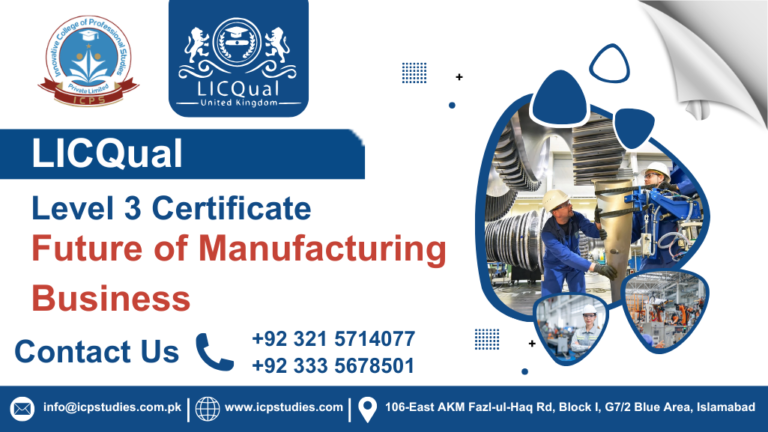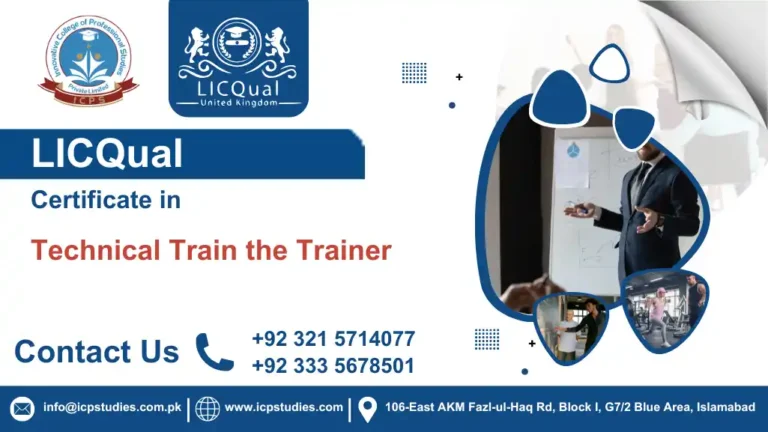Working in confined spaces is inherently risky and requires specialized training to ensure safety and compliance with regulatory standards. The Level 3 Diploma in Advanced Confined Space Operations is designed to provide in-depth knowledge and skills for individuals who frequently work in or supervise confined space operations. This diploma goes beyond basic training, equipping professionals with advanced techniques and a deeper understanding of safety protocols, emergency response, and risk management.
The Level 3 Diploma in Advanced Confined Space Operations is a comprehensive training program tailored for those who need a higher level of expertise in confined space work. This diploma is ideal for supervisors, team leaders, safety officers, and emergency responders who need to manage and oversee confined space operations effectively.
The Level 3 Diploma in Advanced Confined Space Operations is an essential qualification for professionals who work in or supervise confined space environments. By providing advanced training in risk assessment, equipment use, entry procedures, and emergency response, this diploma ensures that participants are well-prepared to manage the unique challenges of confined space operations. Investing in this certification not only enhances personal career prospects but also contributes to a safer and more efficient workplace. If you are involved in confined space work, the Level 3 Diploma in Advanced Confined Space Operations is a crucial step toward achieving excellence in your field.
All About Level 3 Diploma in Advanced Confined Space Operations
Course Overview
The Level 3 Diploma in Advanced Confined Space Operations is a comprehensive and specialized qualification aimed at individuals who work in or oversee activities within confined spaces. This diploma is designed to provide in-depth training on advanced safety protocols, risk management, emergency response, and the use of specialized equipment. It is ideal for professionals who need to ensure the highest levels of safety and efficiency in confined space environments.
The Level 3 Diploma in Advanced Confined Space Operations is an essential qualification for professionals working in confined space environments. It provides advanced training on risk assessment, equipment use, entry procedures, emergency response, and leadership, ensuring participants are well-prepared to handle the unique challenges of confined spaces. This diploma not only enhances individual career prospects but also contributes to creating safer and more efficient workplaces.
Study Units
- Advanced Confined Space Legislation and Standards
- Risk Assessment and Hazard Control in Confined Spaces
- Advanced Techniques for Confined Space Entry and Egress
- Advanced Confined Space Rescue Operations
- Confined Space Equipment and Technology
- Communication and Team Management in Confined Spaces
Entry Requirements
- Age Requirement: Candidates should be at least 18 years old.
- Professional Background: Relevant experience in confined space operations, health and safety, or a related field is recommended.
- Educational Qualifications: A minimum of a Level 2 qualification in a related area (e.g., health and safety, engineering) is generally preferred.
- Previous Training: Candidates should have completed a basic confined space training course, such as a Level 2 Award in Working in Confined Spaces.
- Physical Fitness: A medical certificate or evidence of physical fitness may be required, as the course involves practical exercises in confined spaces.
- Communication Skills: Strong verbal and written communication skills are essential for understanding course material and participating in discussions.
- Commitment to Safety: A strong understanding of safety protocols and a commitment to adhering to health and safety regulations in confined spaces.
- Basic IT Skills: Familiarity with using IT tools for documentation and reporting may be beneficial.
These requirements may vary by training provider, so it’s advisable to check with the specific institution offering the Level 3 Diploma in Advanced Confined Space Operations for their exact criteria.
4o mini
The Level 3 Diploma in Advanced Confined Space Operations is designed for:
- Confined Space Operatives: Individuals who work in confined spaces and require advanced skills and knowledge for safe operations.
- Health and Safety Professionals: Those responsible for ensuring safety practices and compliance in confined space activities.
- Supervisors and Team Leaders: Managers overseeing teams that perform work in confined environments.
- Rescue Personnel: Individuals involved in rescue operations within confined spaces, including emergency responders.
- Industrial Workers: Employees in sectors such as construction, manufacturing, or utilities who regularly enter confined spaces.
- Trainers and Assessors: Professionals seeking to enhance their qualifications for training others in confined space operations.
- Site Safety Officers: Individuals responsible for monitoring safety practices on job sites involving confined space work.
This course is ideal for anyone looking to develop advanced skills in confined space operations, enhance safety practices, and ensure compliance with relevant regulations.
Learning Outcomes
The Level 3 Diploma in Advanced Confined Space Operations is tailored for a diverse range of professionals who require advanced knowledge and skills to work effectively and safely in confined spaces. This course is ideal for:
- Confined Space Workers: Individuals who frequently enter confined spaces as part of their job duties, such as maintenance technicians, industrial cleaners, and utility workers.
- Supervisors and Team Leaders: Personnel responsible for overseeing confined space operations and ensuring the safety of their teams, including site supervisors, foremen, and team leaders.
- Safety Officers and Compliance Managers: Professionals tasked with maintaining workplace safety and ensuring regulatory compliance within organizations, such as health and safety officers, compliance managers, and EHS specialists.
- Emergency Response Teams: Personnel involved in planning and executing emergency response and rescue operations within confined spaces, including firefighters, rescue team members, and EMTs.
- Engineers and Technical Staff: Engineers and technical personnel who design, inspect, or maintain systems that include confined spaces, such as civil engineers, mechanical engineers, and inspection engineers.
- Facility and Operations Managers: Individuals responsible for the overall management and operational efficiency of facilities that include confined spaces, including facility managers, operations managers, and plant managers.
Whether you’re an experienced confined space worker, a safety professional, or a manager overseeing confined space operations, the Level 3 Diploma provides advanced training to enhance your skills and ensure the highest standards of safety and compliance in confined space environments.
FAQs about Level 3 Diploma in Advanced Confined Space Operations







